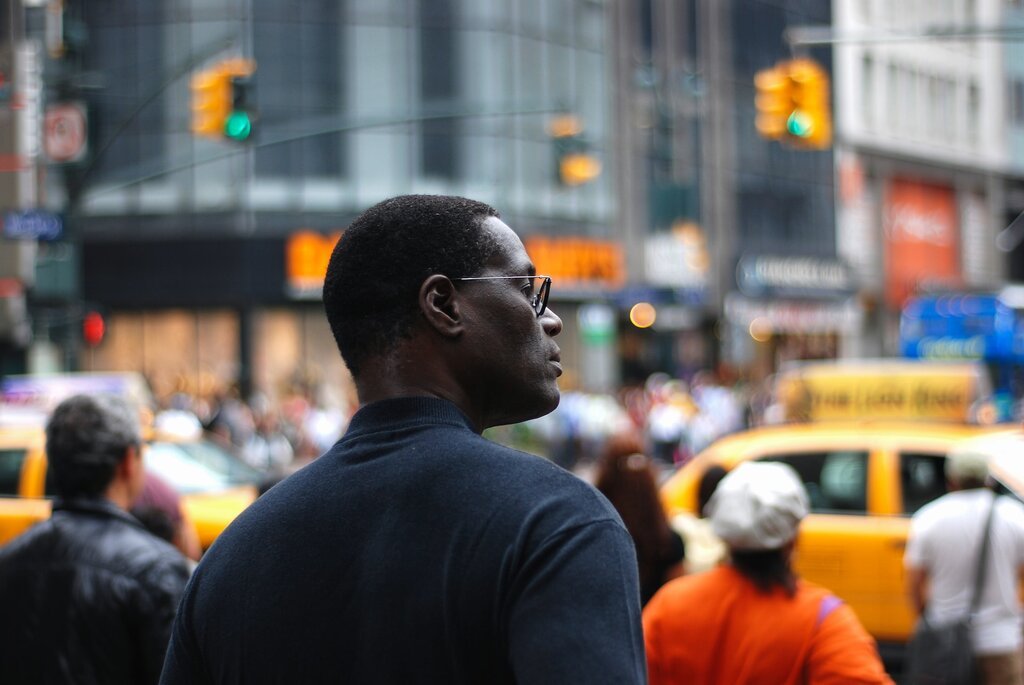
Black History Month and the Immeasurable Impact of Black-Owned Businesses in America
Share
Every February since Dr. Carter G. Woodson launched "Negro History Week" in 1926, there has been a concerted effort to discuss Black American achievements openly. Black History Month also honors the significant role of African-Americans in United States History. This year Simpleaf celebrates Black-owned businesses' immeasurable impact rather than focusing on notable successes.
The United States witnessed Black entrepreneurship rise during the COVID-19 pandemic, explained Steve Boland on February 9, 2023. Undeterred by lockdowns and ongoing civil unrest, the rate of Black-owned businesses rose by 38% compared to pre-pandemic levels. These organizations measurably strengthen local economies. According to Fortune, these entities generate $206 billion in revenue and support 3.56 million jobs annually.
Despite the number of Black-owned businesses launched during the pandemic, Black entrepreneurs find it challenging to stay afloat once opened. A 2022 Bank of America (BofA) survey revealed Black business owners' concerns about credit availability. Additionally, 75% of Black business owners felt they must work harder to achieve the same success as their white counterparts.
Nonetheless, Black entrepreneurs remain optimistic. Nearly three-quarters of them are happy with their businesses, and 80% say they are successful.
Advocates encourage consumers to support Black-owned businesses. They believe that bolstering Black companies' revenue or reputation would help to change historically racist lending practices.
Black Businesses Social Impact
The BofA survey indicated Black entrepreneurs also use their businesses to advocate for social change: 87% replied they are committed to driving social change through their company, and 55% said that racial justice and equity are essential causes for their business.
Additionally, nearly 40% have active pledges toward social causes through their businesses. Of those, 40% make a monetary commitment, and 32% feature signage supporting a cause.
Below are three examples of Black-owned businesses committed to making a difference in their communities:
- Chicago Leader's publisher DiMarkco Chandler founded The News School (TNS) in 2015. Since then, hundreds of Black and Brown youth, ages 16-24, joined the TNS paid on-the-job training intern program. These youth can choose from journalism, photojournalism, cinematography, and marketing as their newsroom focus. Most TNS-intern graduates go on to college or work in media-type businesses; for example, one landed a job as a reporter for local TV news, another is an actor, and two are screenwriters.
- Equal Justice Initiative's Bryan Stevenson founded his organization in 1989 to end mass incarceration, excessive punishment, and racial inequality. He does this through the Legacy Museum and National Memorial for Peace and Justice, as well as by providing educational information on the EJI website. This private non-profit organization helps prisoners who were illegally convicted, unfairly sentenced, or abused with legal assistance. EJI challenges the death penalty and excessive punishment. They also have a re-entry assistance program for returning citizens.
- Simpleaf's founder, Femi Oyenekan, launched his company in 2017 with a strong mission to provide everyday personal and home hygiene products with a fierce commitment to social impact and environmental consciousness. Since then, Femi has worked hard to address social inequality in the hygiene space in the United States and worldwide. Simpleaf has partnered with organizations to provide hygiene accessories to the most in need and built first-access toilets to communities with no access in over 10 countries spanning four continents.
Black History Month Globally
A group of Black educators and the Black United Students group at Kent State University proposed expanding "Negro History Week" into a month-long celebration of Black history and culture in 1969. According to the African American Resource Center, Kent State first celebrated Black History Month in February 1970.
Soon other educational institutions followed Kent State's lead. In addition, cultural and community centers and businesses, great and small, joined the annual celebration. The efforts of all involved in sharing Black History Month's goal of remembering people and events in the history of the African diaspora will not be forgotten.
Gerald R. Ford was the first U.S. president to acknowledge the importance and value of celebrating Black History. He called for all Americans to "seize the opportunity to honor the too-often neglected accomplishments of Black Americans in every area of endeavor throughout our history" when he signed the Black History Month proclamation on February 10, 1976.
Canada joins the U.S. in honoring the African and Black journey during Black History Month each February. In Ireland and the United Kingdom, it is celebrated in October.
The Black German community in Berlin began observing the history of Black Europeans, international African perspectives, the United States Civil Rights history, and South African apartheid in 1990. The movement has spread to other cities.
Finally, in 2020, seven African countries celebrated Black History Month for the first time. Reportedly, the following year, African History Month would be celebrated every March.
Written by Cathy Milne-Ware

